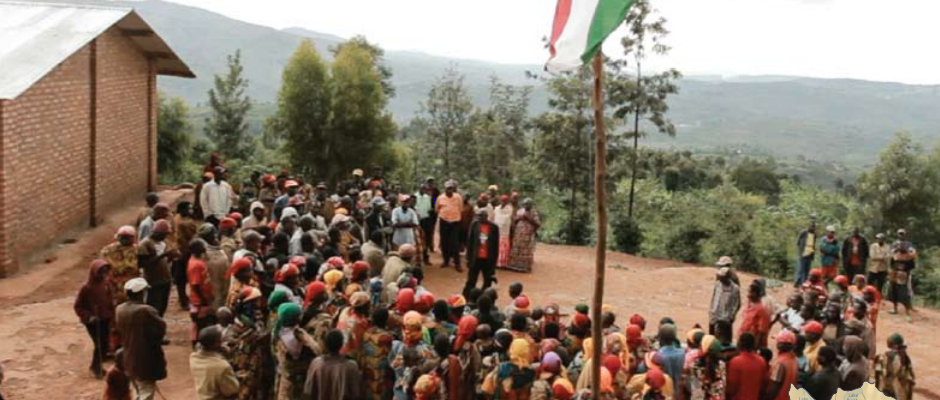
Urbanization, climate change, and global challenges are putting African cities and local governments under increasing pressure to provide better urban infrastructure and services. However, most African cities and local governments remain under-resourced and unable to make necessary investments. Access to third-party finance, including debt, is also a challenge due to the poorly developed legal and regulatory framework governing municipal borrowing, lack of creditworthiness, paucity of mature investment projects, and underdevelopment of financial markets in the region.
As part of the Africa-Europe Mayors’ Dialogue, coordinated by ODI, a recent working paper examines the diversity of financial intermediaries and their role in facilitating cities’ access to debt finance in Africa.
Financial intermediaries are institutions that facilitate access to capital investment finance for cities and local governments by creating better-than-market conditions for the debtor. These intermediaries can come from the public or private sectors and can be categorized based on their institutional setup and financing sources. Government-owned, publicly-financed financial intermediaries are most prominent, but many face challenges related to mandate, capacity, and resourcing. Development partner-owned intermediaries can play an important role, but many bi- and multilateral development institutions are prevented from investing directly in cities due to their own institutional limitations.
Spreading access to debt financing for cities and local governments is still far from a reality, especially for smaller and less capacitated local governments. Public financial intermediaries and governments should develop a broad financing offer with a range of different financing instruments that allow cities and local governments to use them strategically based on their borrowing capacity and the nature and bankability of the investments to be financed. Addressing gaps in legal and regulatory frameworks is also crucial.
This paper concludes policy recommendations for national governments, development partners, cities and local governments, all of which are recommended to strengthen their national legal and institutional frameworks for subnational lending, support investment portfolios, and revisit current lending practices. These recommendations can be integrated into a country’s overall reform strategy to effectively use financial intermediaries to facilitate access to finance for cities and local governments.
Read the full article (Open Access):
Gundula Löffler and Astrid Haas. Bridging Africa’s urban infrastructure gap: financial intermediaries for facilitating cities’ access to debt finance in Africa . August 2023. ODI
Also available in French.



